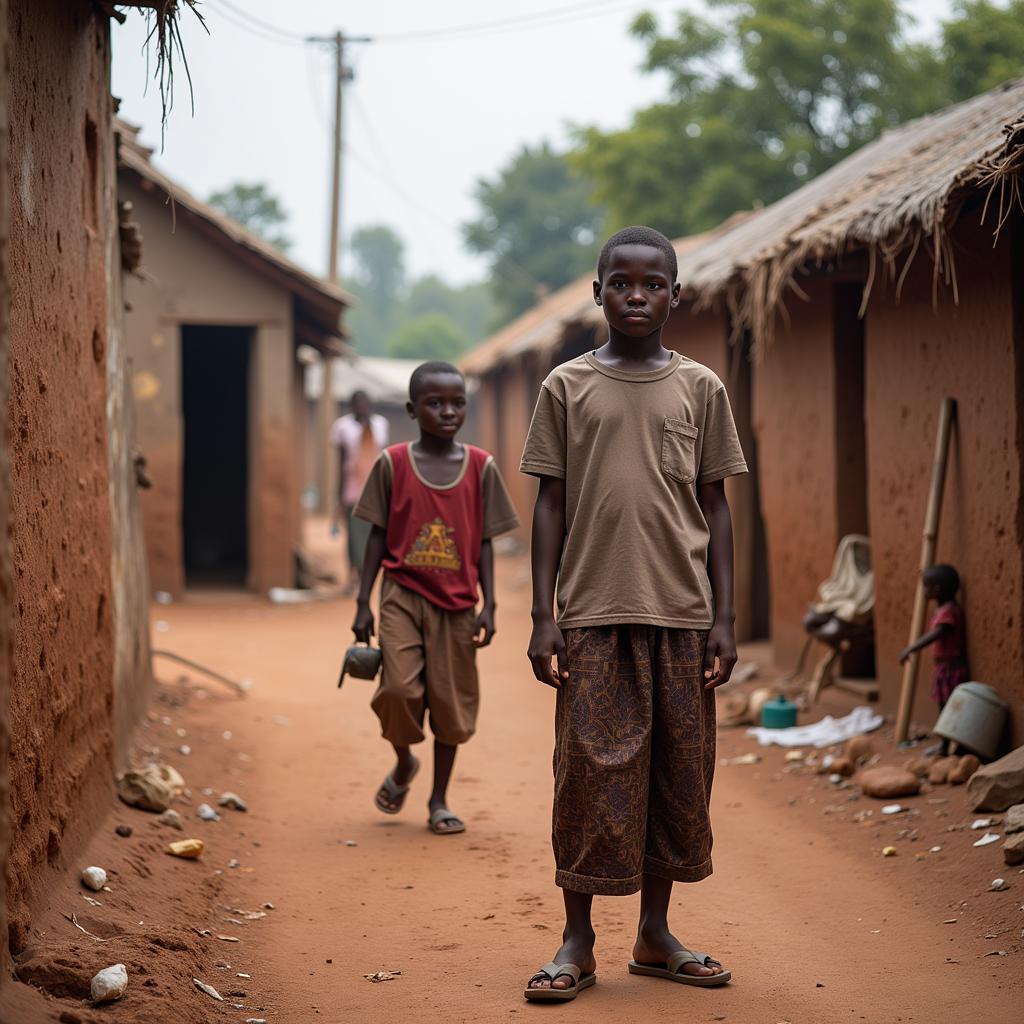African Countries with Nuclear Weapons: Unveiling the Truth
The question of “African Countries With Nuclear Weapons” often sparks curiosity and debate. While Africa possesses vast natural resources and some nations have developed sophisticated technological capabilities, the answer might surprise you.
Demystifying Nuclear Presence in Africa
Despite historical instances of nuclear ambitions and the potential capacity for development, no African country currently possesses nuclear weapons. This reality stems from a combination of factors:
-
International Treaties: Most African nations are signatories to the Treaty on the Non-Proliferation of Nuclear Weapons (NPT), a global agreement aimed at preventing the spread of nuclear arms. The treaty, which entered into force in 1970, categorizes nations as either nuclear-weapon states (those that had tested devices before 1967) or non-nuclear-weapon states. Africa, largely coming of age as independent nations after this period, falls under the latter category.
-
Economic Considerations: Developing and maintaining nuclear weapons demands immense financial resources, a burden many African countries prioritize for pressing socioeconomic challenges like poverty alleviation, healthcare, and education.
-
Political Will: The African continent, with its history of colonialism and internal conflicts, has largely chosen to prioritize diplomacy and regional cooperation over an arms race. Organizations like the African Union actively promote peace and stability, fostering an environment where nuclear deterrence holds less appeal.
South Africa: A Unique Case Study
South Africa stands as a unique case in Africa’s nuclear narrative. During the apartheid era, the nation developed a clandestine nuclear weapons program, producing six nuclear devices between the 1970s and 1980s. However, in a momentous decision driven by a changing political landscape and international pressure, South Africa voluntarily dismantled its entire nuclear arsenal in the early 1990s, becoming the first country to do so.
This decision showcased a commitment to global disarmament and non-proliferation, setting a powerful precedent for other nations. South Africa’s experience underscores the fact that nuclear ambition can be reversed, paving the way for a future where such weapons are deemed undesirable and ultimately obsolete.
Looking Ahead: A Continent Focused on Sustainable Development
Today, the primary focus of African countries centers around harnessing nuclear technology for peaceful and sustainable purposes, primarily in areas like:
-
Energy Production: Several African nations are exploring nuclear power as a clean and efficient source of electricity to meet growing energy demands.
-
Medicine: Nuclear technology plays a vital role in medical diagnostics and treatment, with African nations leveraging these advancements to improve healthcare outcomes.
-
Agriculture: Nuclear applications in agriculture, such as pest control and crop improvement, contribute significantly to food security efforts across the continent.
The narrative surrounding “African countries with nuclear weapons” is less about possession and more about responsible utilization. As the continent continues its development trajectory, embracing nuclear technologies for peaceful and progressive purposes will remain paramount. The focus remains on building a future where Africa’s potential is unlocked not through military might, but through scientific innovation, sustainable development, and collaborative peace.

